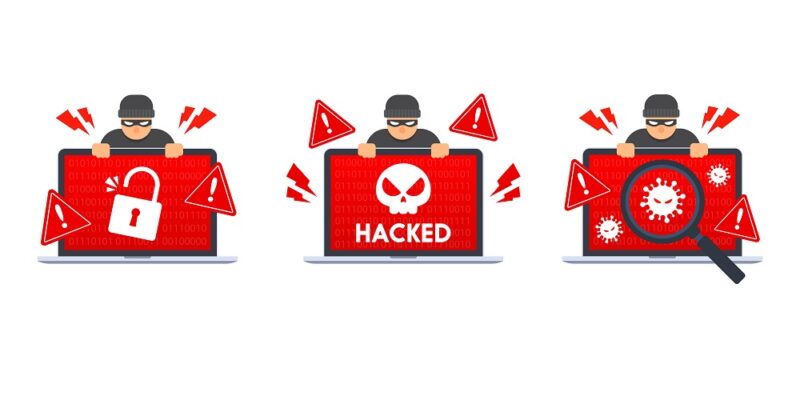 Researchers Uncover Real Identity of CypherRAT and CraxsRAT Malware Developer
Researchers Uncover Real Identity of CypherRAT and CraxsRAT Malware Developer
Using the online handle of ‘EVLF DEV’ and operating out of Syria for the past eight years, the individual is believed to have made over $75,000 from selling the two RATs to various threat actors. The same person is also a malware-as-a-service (MaaS) operator, according to Cyfirma. For the past three years, EVLF has been…










